Metro honours tech trailblazers at Engineering Talent Awards 2025
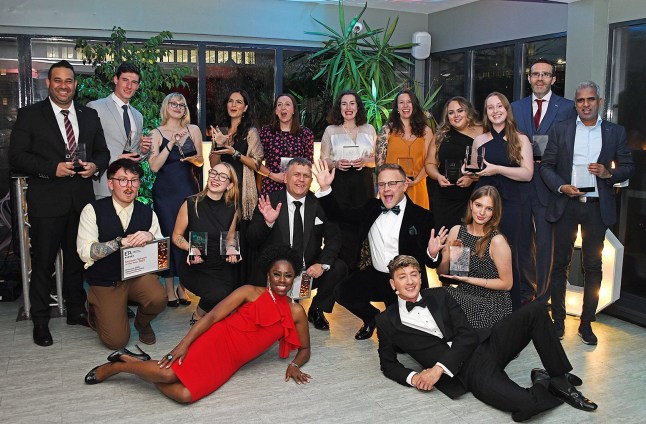

Talented newcomers and established mentors have been awarded prestigious prizes for their contributions to engineering and tech in the UK.
In partnership with Metro, the Engineering Talent Awards 2025 aims to ‘raise the profile’ of the professions and ‘celebrate the diversity’ within the industry.
A wide array of achievements were showcased in the shortlist, which included a young apprentice on the HS2 project, a flooding management engineer and two young computer science students who have been helping other peers from disadvantaged backgrounds get ahead.
A total of 15 awards were handed out to individuals and academic or professional teams at a gala organised by founders EqualEngineers in Manchester last week.
Overall Excellence in Engineering was awarded to a team of 18 students from the University of Bath who created a new design for a heart implant for women awaiting heart transplant surgery.
Sign up for all of the latest stories
Start your day informed with Metro’s News Updates newsletter or get Breaking News alerts the moment it happens.
Team Bath Heart – who also won University Engineering Team of the Year – developed a Total Artificial Heart, a device which replaces failed heart ventricles and valves, uses wireless power and 3D printing.
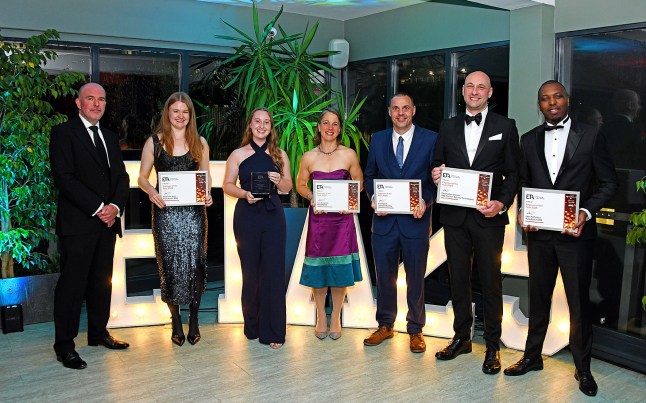
It’s hoped this could make artificial hearts – which currently need to be connected to an external power source through wires which exit the skin -completely implantable.
This could drastically reduce the risk of infection and blood clots while improving patients’ quality of life in other ways.
Engineer of the Year 2025 was awarded to Alexia Williams, an ‘outstanding early-career engineer’ at Rolls-Royce commended for improving ‘technical innovation’ while also mentoring young women and apprentices.
‘Alexia demonstrates measurable innovation, actively engages underrepresented groups, and serves as an inspiring role model,’ organisers said, calling her a ‘true credit to the profession’.
Her colleague Hannah Livingstone wsa awarded Engineerign Apprentice of the Year, who has put in ‘significant hours’ of outreach to encourage people into STEM while making ‘oustanding contributions’ at work.
‘A passionate role model, Hannah is not only excelling in her engineering career but also inspiring the next generation—making her a highly deserving winner,’ organisers said.
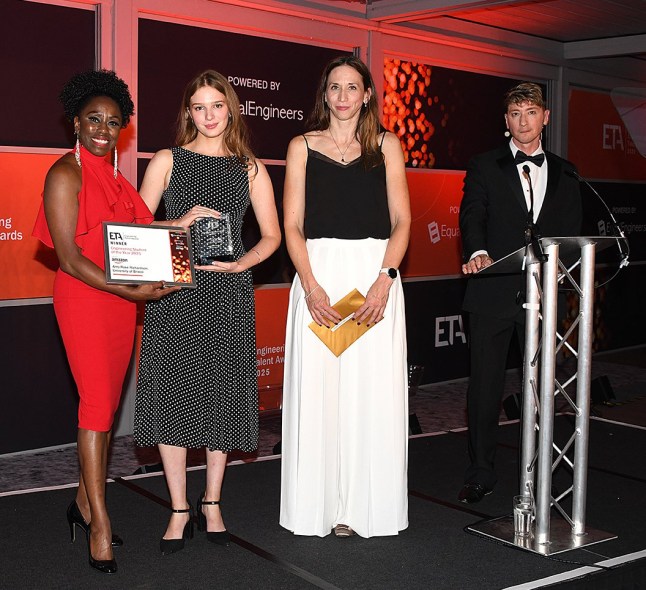
Engineering Student of the Year was handed to Amy-Rose Richardson, who is enrolled at the University of Bristol.
She was praised for ‘leading research into barriers for women in STEM’ at the same time as studying for her degree.
Organisers said Amy has overcome ‘personal mental and physical challenges’ and ‘inspires others through her resilience’.
The Engineering Graduate of the Year gong was awarded to Katie O’Neill, who has launched her career with infrastructure consultants AECOM.
‘Her engineering solutions deliver real-world benefits, while her outreach work actively promotes diversity and inclusion across the sector’, organisers said.
Katie was praised for dedicating ‘significant time’ to making the field more inclusive.
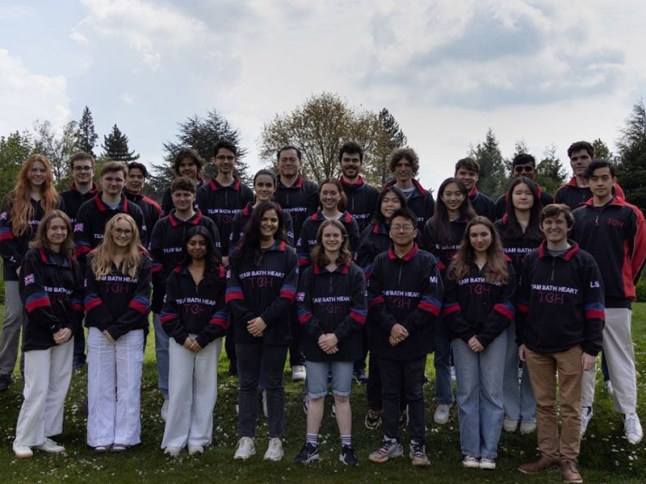
Highly commended runner-up healthcare engineer Saskia Hale was highlighted for her work at Arete Medical Technologies, which is developing a device to help people with chronic lung problems, while also being an advocate for the deaf community.
Executive Leader of the Year was awarded to Michael Gerges of the University of Greater Manchester for making ‘significant progress in encouraging women into engineering’.
Sarah Hodgkinson, who works at Rolls-Royce’s nuclear energy subsidiary firm, won Engineering Returner of the Year for making both technical achievements and helping other returning parents with workplace initiatives.
Dr Luana Parisi of the University of East London won University Engineering Staff Member of the Year for making a ‘profound impact’ on students, making her course rank highest in the UK for satisfcation, while leading inclusivity schemes.
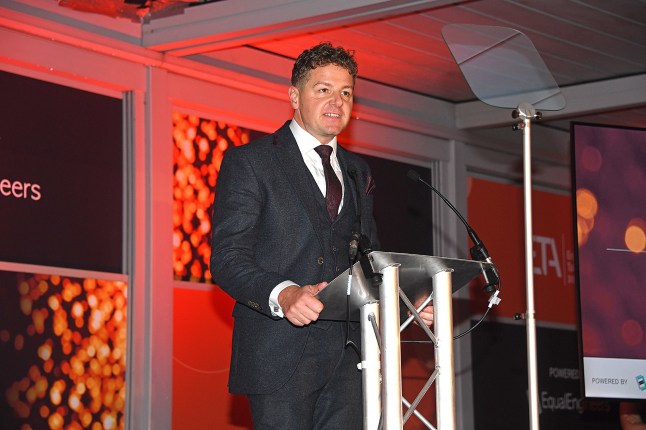
HW Innovation Lab won the Innovation of the Year award for their work on magnetic stimulation therapy for brain conditions such as Parkinson’s and Alzheimer’s.
They were commended for a project led by a robotics engineering student named Mira which developed a low-cost ‘semi-physical brain model’ to make such therapies more accessible to underrepresented groups.
SLR Consulting won the Inclusion Programme of the Year, while the University of Staffordshire’s Computing Society won the university Engineering Society of the Year award.
Employee Network of the Year was awarded to Babcock International, while Small-Medium Enterprise of the Year was awarded to Warren Services.
Chelmsford-based infrastructure specialists Waterman Aspen won Large Employer of the Year.
As well as Metro, the partnership behind the awards includes EqualEngineers, the Royal Academy of Engineering, RED, and AIRBUS.
Get in touch with our news team by emailing us at webnews@metro.co.uk.
For more stories like this, check our news page.



